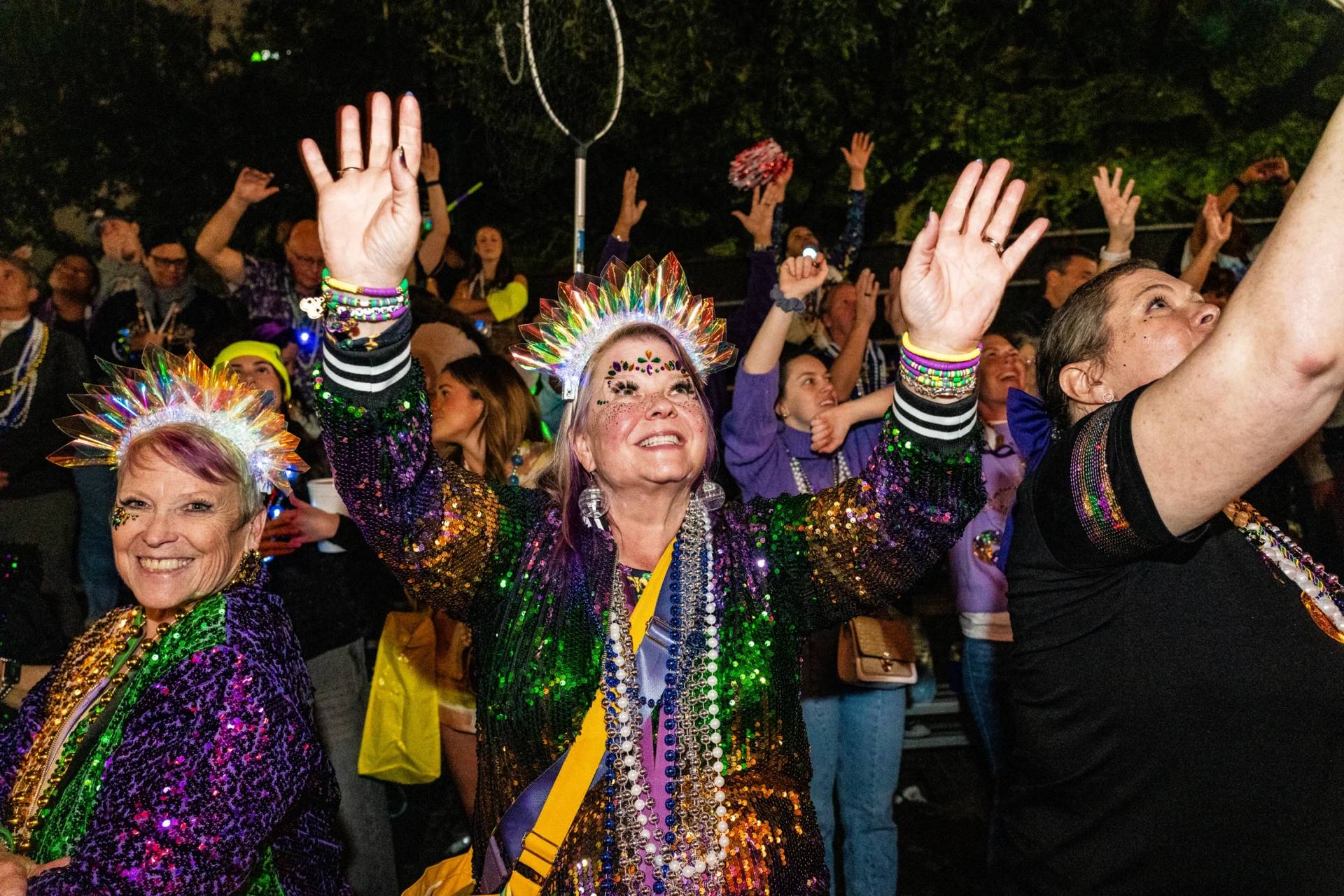KEY WEST, Florida – A new survey from the Pew Research Center has found that not only do most Americans believe religion and politics shouldn’t mingle, but Catholics are less likely than members of other Christian denominations to trust their clergy on hot-button issues.
According to the study results, American Catholics were found to be “less likely than all the other major Christian groups to have a lot of confidence in their clergy to give advice on almost all of the religious and personal topics asked about in the survey.”
Those topics include one’s relationship with God, the interpretation of scripture, marriage and relationships, anxiety and depression, personal finances, abortion, immigration and global climate change.
Protestants generally had the highest levels of trust. Some 25 percent of Protestants described themselves as feeling “very close” to their clergy, while just eight percent of Catholics said they felt the same, which is “a much lower share than in any other major U.S. Christian group analyzed.”
Catholics and Protestants are equally at 53 percent on feeling “somewhat close” to their clergy.
Just 29 percent of Catholics said they trusted clergy “a lot” when it comes to meaningful guidance on abortion, and only 33 percent said they had “some” trust in clergy.
Catholics also appeared to have more trust in clergy on the issue of climate change than immigration, with only 16 percent of Catholics saying they had a lot of trust in clergy on immigration, and 38 percent on climate change.
Although the numbers were close, Protestants had higher numbers across the board.
Catholics were also asked about their confidence in the pope to provide information about the Church’s teachings. Results showed that most Catholics, 85 percent, said they had at least some confidence, while nearly half, 46 percent, said they had a lot of confidence.
Just 13 percent of Catholics said they would have little or no confidence in information about their religion’s teachings from the pope, with more frequent Mass attendees showing higher levels of trust.
Looking at the numbers, U.S. Catholics appear to have slightly more confidence in the pope than they do in the clergy at their parish.
Published Nov. 15, the report summarizes the results of a survey of 6,364 U.S. adults conducted online from March 18 to April 1, 2019, using Pew Research Center’s American Trends Panel.
The regular margin of error for the full sample is plus or minus 1.7 percentage points, however, since many of the questions were asked only to U.S. adults who attend religious services a few times a year or more, results for that group have a margin of error of plus or minus 2.4.
The study found that the majority of church-going attendees have high trust in clergy to provide useful guidance on spiritual matters, but the numbers progressively go down as the issues get more personal and political.
It also found that Americans generally believe religion plays a good role in society at large but think matters of the faith should not mingle with politics.
Around two-thirds of Americans held this view, while 36 percent said churches and other houses of worship should express their views on daily political questions. The study also showed that roughly three-quarters of Americans do not think churches should publicly favor one political candidate over another.
Americans were also more likely to say that religion has too much influence in politics rather than too little, while a third of those polled said religious groups’ current level of influence on politics is where it should be.
There was also a consensus across the board that religion is losing its influence in American society, but feelings on whether that was a good or bad thing were divided, largely along party lines.
Results showed that some 55 percent of Americans believe religion does more good than harm in society, some 53 percent believe religion strengthens morality, and 50 percent think religion brings people together.
Only a small number have negative views about the impact of religion, however, the numbers also show that when it comes to politics, religion should be kept out, with many Americans saying they don’t think religious communities should endorse certain parties or candidates.
Most Americans, some 78 percent, also said they believe that religion is losing its influence in American society. While some saw this as a positive development, the vast majority laments the increasing reluctance among Americans to see religion as a positive force in society.
Results also showed that there was a clear Republican-Democrat fault line when it comes to religion, with most Americans, from both parties, agreeing that Republicans are more friendly toward religion.
However, the parties diverge in their views about the Democratic party, with most Republicans charging that Democrats are unfriendly toward religion, while Democrats themselves say they are neutral.
Painting in broad strokes, most Republicans said religion either has the right amount of influence in politics or not enough, whereas Democrats by a slim majority say that it has too much.
Results also found that feelings about religion varied based on race and ethnicity, with black Democrats yielding the most positive view toward religion, followed by Hispanics and then whites.
Relatively few Americans said they believed their clergy were united on one side of the partisan divide, with those who attend services a few times a year largely unaware of their clergy’s political affiliation.
Most of those who attend services, belonging to both parties, said they were happy with the amount of political discussion heard during sermons, with just 11 percent saying there was too much.
Follow Elise Harris on Twitter: @eharris_it
Crux is dedicated to smart, wired and independent reporting on the Vatican and worldwide Catholic Church. That kind of reporting doesn’t come cheap, and we need your support. You can help Crux by giving a small amount monthly, or with a onetime gift. Please remember, Crux is a for-profit organization, so contributions are not tax-deductible.














